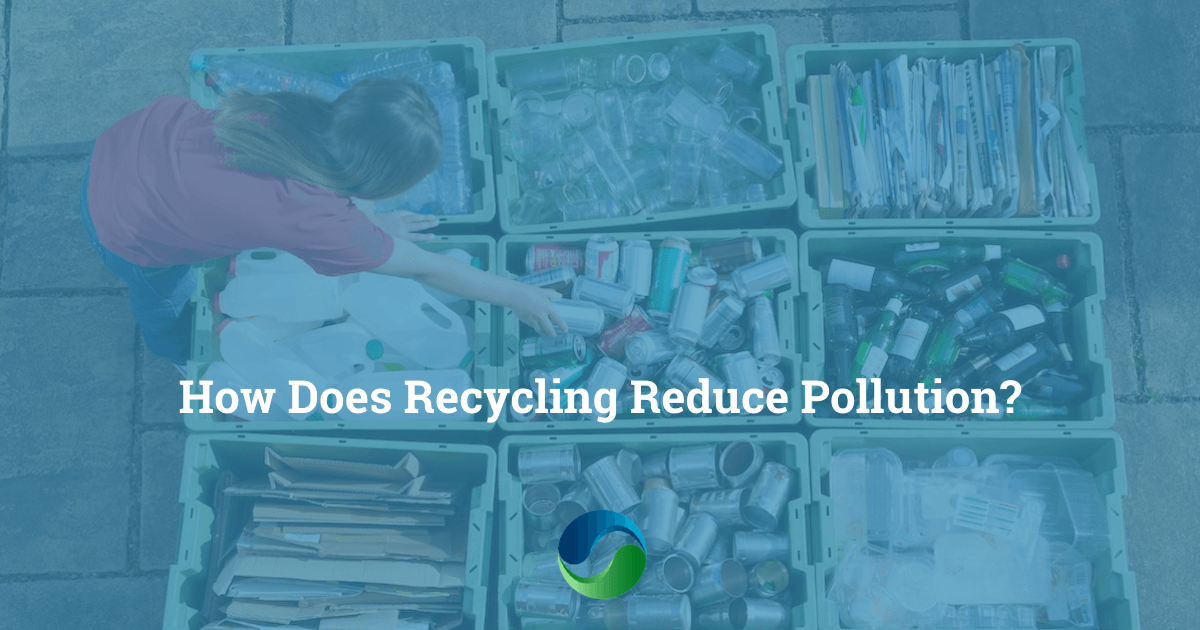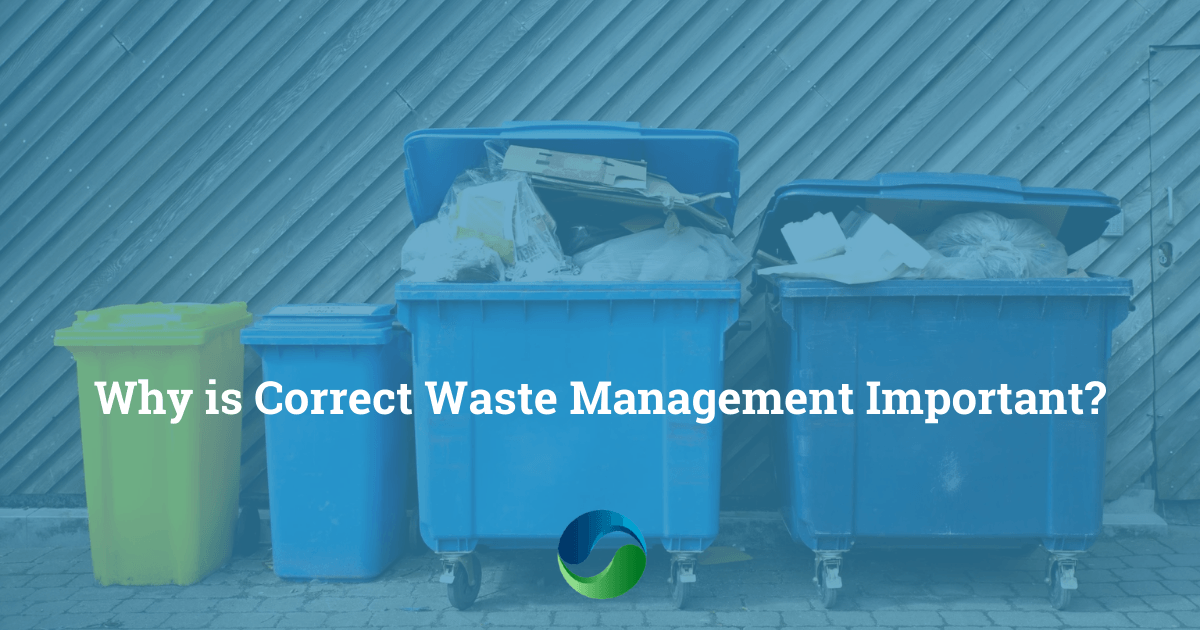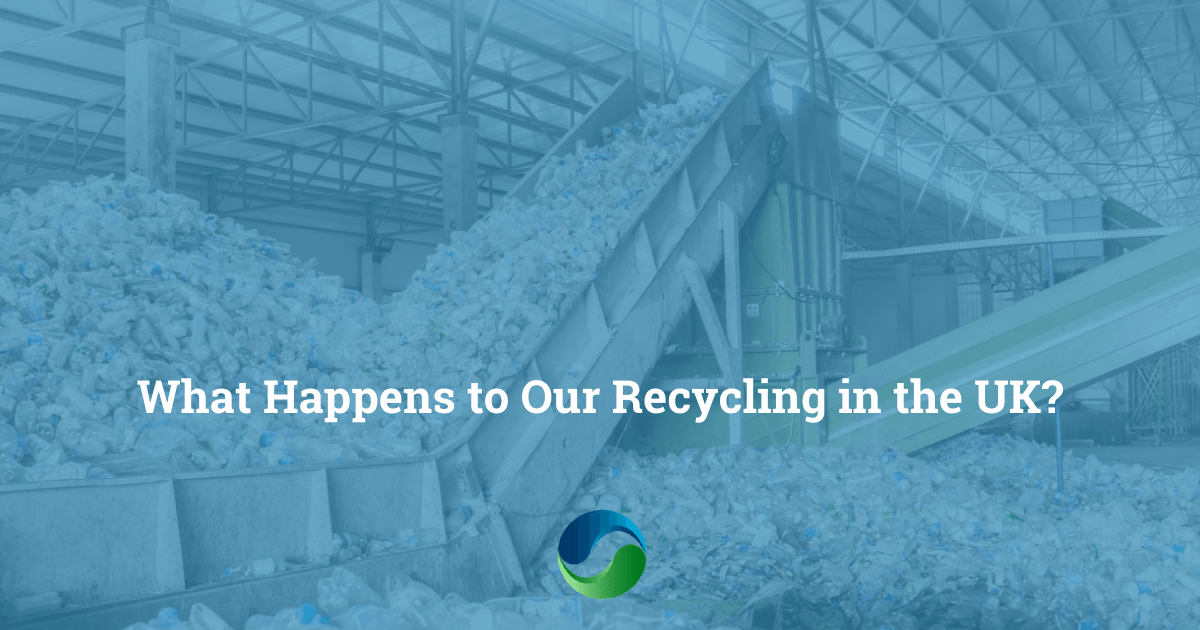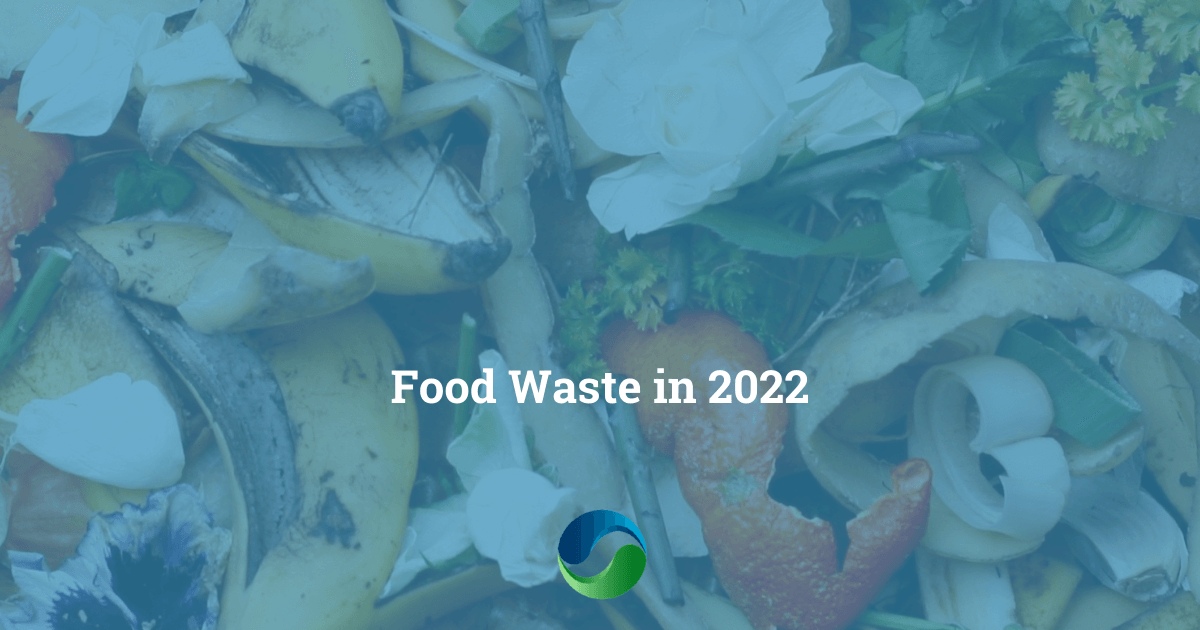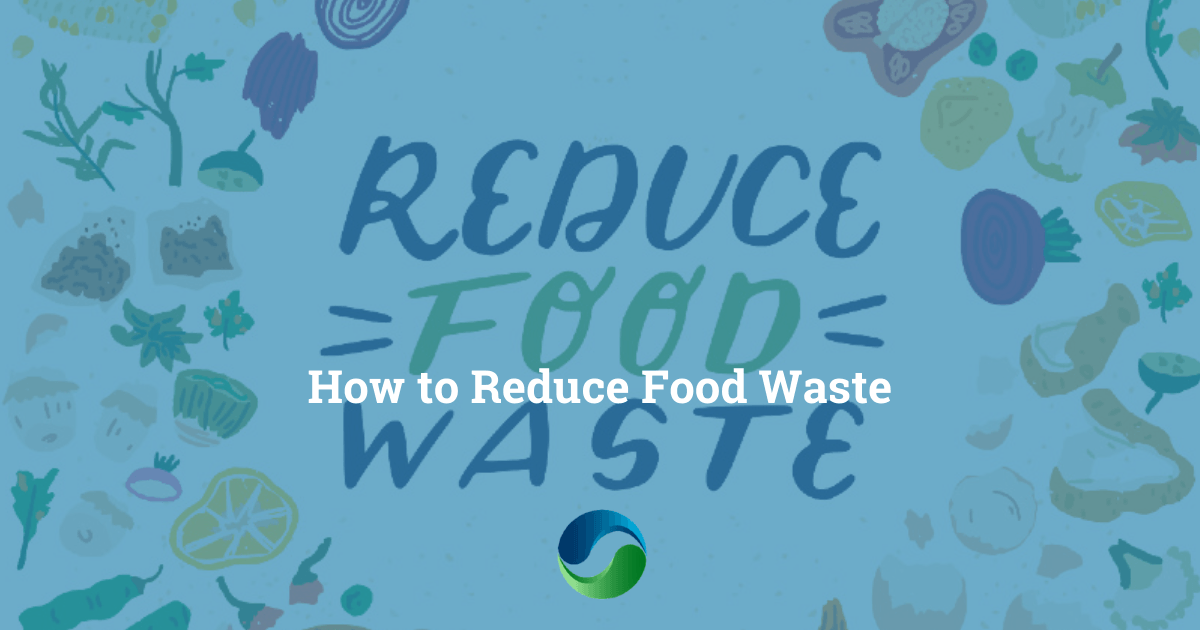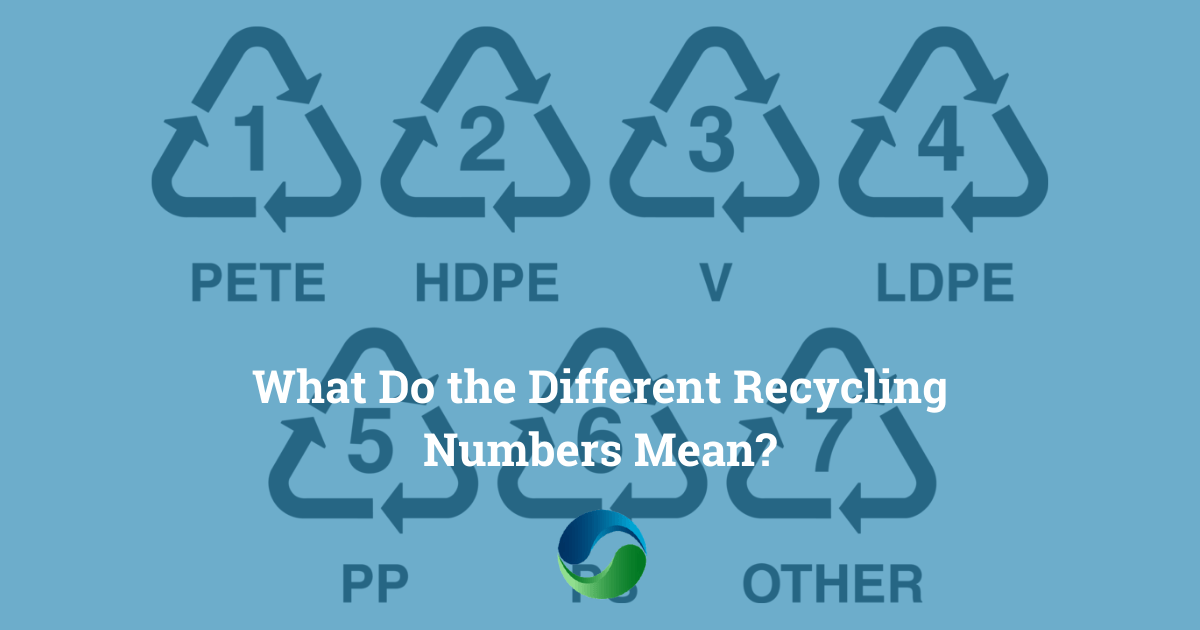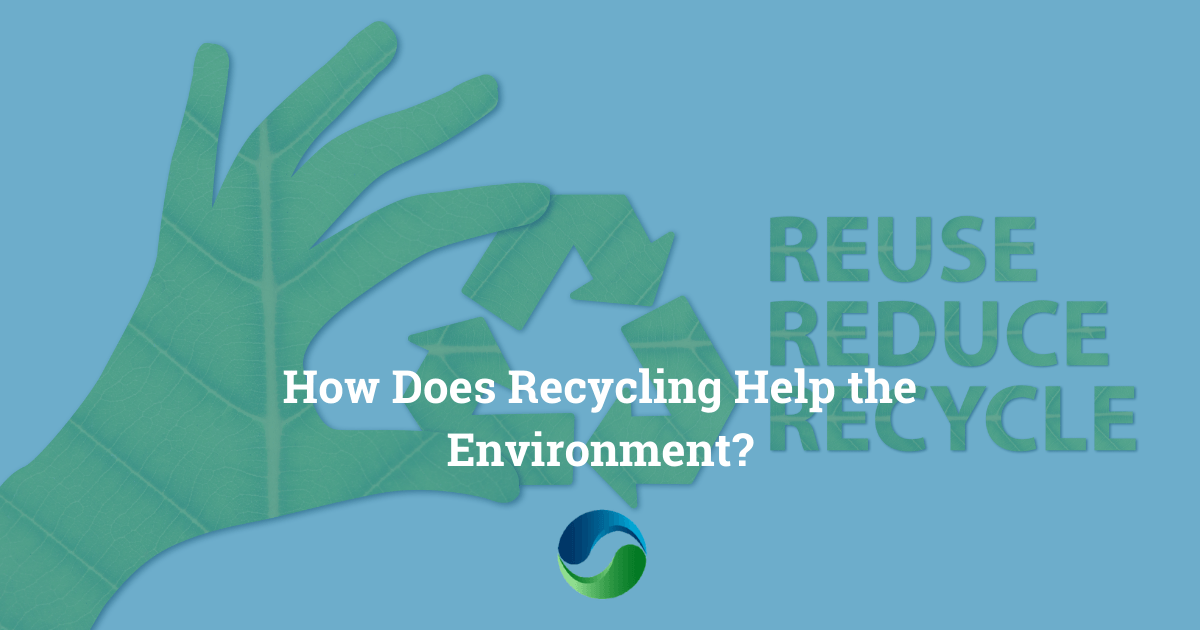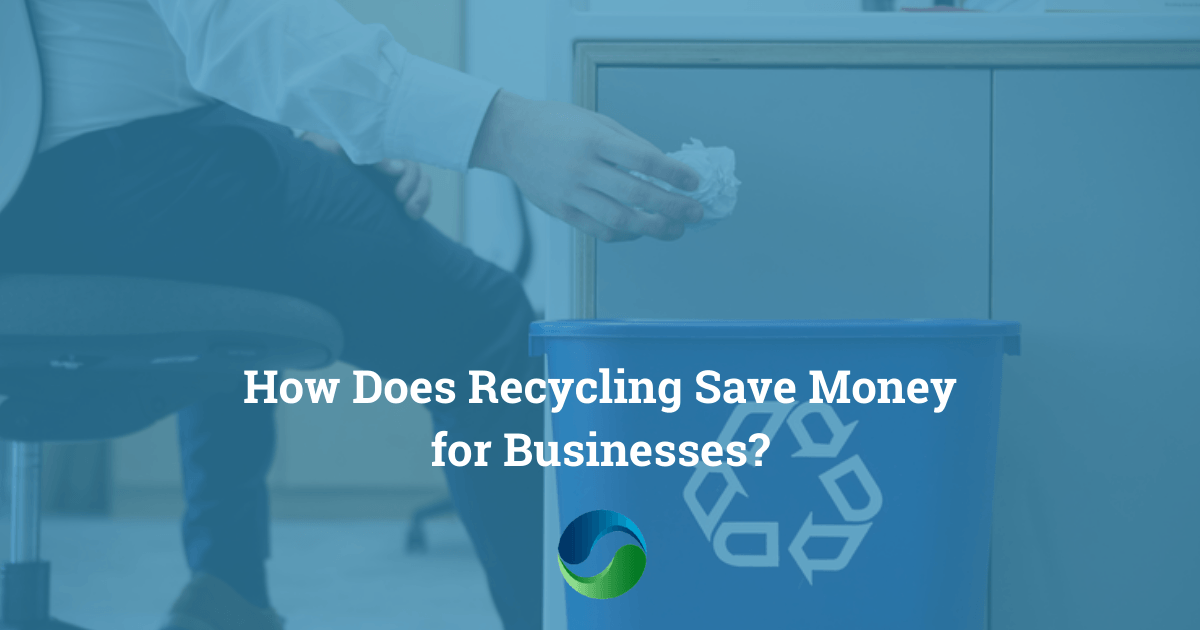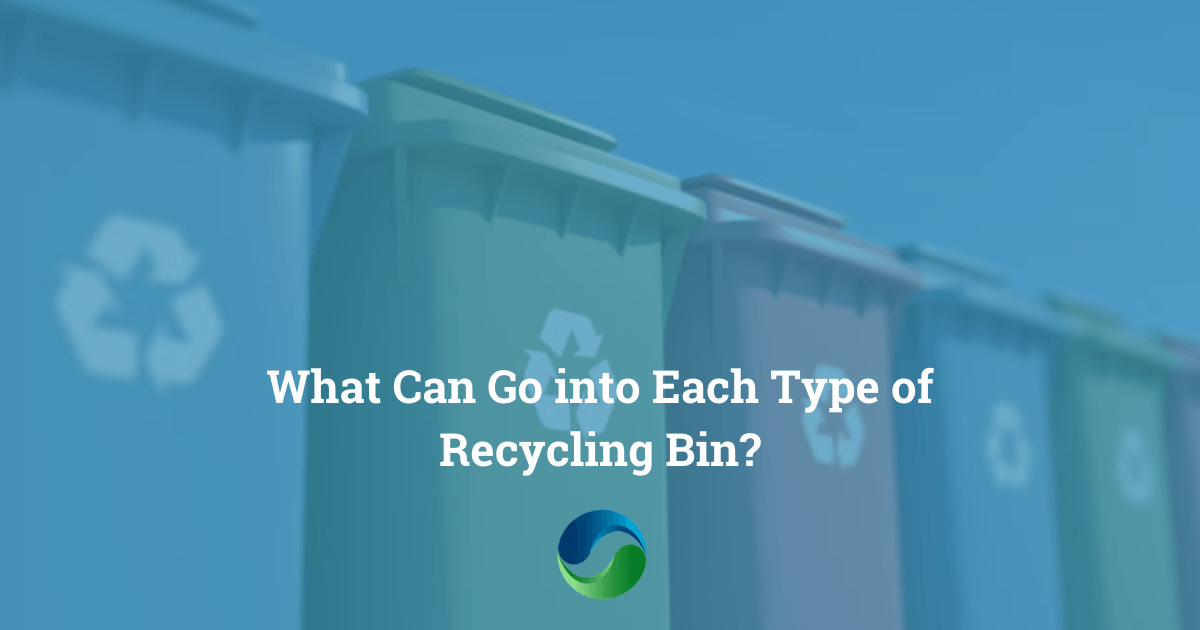
Every day, we produce waste - it’s unavoidable. But what if there was a way to reduce the amount of pollution caused by waste? Recycling is the answer.
When you recycle, you're preventing valuable resources from being wasted. Not only does this save energy and money, it also reduces pollution. By recycling, we aren't having to make new products from virgin materials, we can simply repurpose what we already have - preserving the finite resources we have on Earth.
Through the production of new materials, various forms of pollution are created - which is one of the driving factors in climate change. As you can see, the need for recycling is obvious.
In this blog, we'll be discussing how recycling various materials can help decrease the amount of pollution created, and why that's so important for the sustainability of our planet.
What are the Biggest Causes of Pollution?
Firstly, let's find out some of the main causes of pollution:
Industrial and Manufacturing Emissions
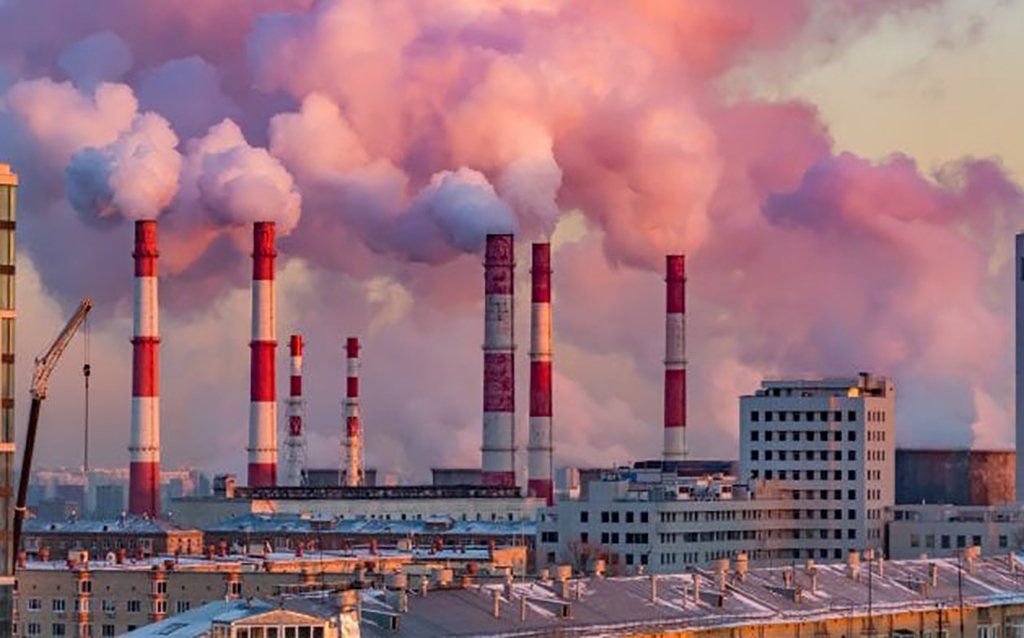
Emissions from industrial facilities and manufacturing operations come in first place, especially those like tanneries, lead smelting, mining and ore processing, as well as chemical and product production. Many of these industries use numerous hazardous chemicals containing elements such as cadmium, lead, mercury, and chromium to create the final product.
Some of these chemicals can end up in underground water and soil, poisoning the water we drink and the food we eat. By-products of such manufacturing processes include air pollution from various gases that contribute to global warming, including carbon dioxide, carbon monoxide, and sulphur dioxide.
Combustion of Fossil Fuels

The most significant cause of smog clouds and poor air quality in cities is fossil fuel combustion. This comprises both power plants that burn fossil fuels to produce heat and automobile emissions. Carbon monoxide, nitrogen oxides, lead, dust particles, and volatile organic compounds are released into the air as a result of the combustion, forming smog clouds that plague many major cities across the world.
Agriculture

Agriculture is also a major polluter. Both agricultural production and livestock farming contribute to pollution and greenhouse gas emissions. The use of pesticides and fertilisers is almost required in every crop growth.
These pesticides are dangerous to the environment if not used correctly, which happens more often than it should. They can pollute soils, underground waters, and kill wildlife, disrupting entire ecosystems. Raising cows for food produces 14.5% of all greenhouse gases in terms of emissions and contributes significantly to global methane levels rising.
How Does Recycling Help to Reduce Pollution?
Now that we understand the extent at which we're polluting our environment, let's explore how the steps we're taking in terms of recycling can reduce those effects.
Recycling can't fix the problems caused by fossil fuel combustion and pollution in agriculture, but it can assist to mitigate them. Plastic manufacturing and mining operations include extracting and processing minerals like oil, aluminium, lead, copper, and other metals. This results in significant environmental damage - both air and soil as well as water.
Recycling, in particular metals, can significantly reduce pollution as they don't deteriorate much with time and can be recycled many times. Increasing recycling rates reduces the amount of raw materials required and removes a significant portion of the processing from the equation. Using recycled aluminium, for example, saves approximately 95% of the energy needed to make aluminium from scratch.
A similar story can be told about plastics. Replacing a bottle with one composed of recycled plastic reduces the cost by 60 percent. Because recycling saves energy and water, it also indirectly lowers pollution by reducing contaminated water and pollutants produced during energy production.
Recycling can also help to minimise the need to deplete natural resources. Currently, 79% of total plastic waste is disposed of in landfills, with only 9% recycled. Single-use plastic bottles and packaging are major contributors to this waste, which mostly comprises recyclable plastics such as PET and HDPE. Plastic recycling rates will reduce a significant amount of pollution in our environment, especially in the oceans, while lowering manufacturing costs for new goods that preserve Earth's natural resources.
Recycling Services for Environmentally Conscious Businesses
If you're an environmentally conscious business, it's important to have a recycling service that can help reduce your company's waste footprint. Materials Recovery offers comprehensive recycling services for businesses of all sizes - from small office buildings to large manufacturing complexes.
Our team will work with you to develop a customised recycling plan that meets the specific needs of your business and helps keep your workplace green.
So don't hesitate, play your part in the preservation of our environment, and
get in touch
today!

